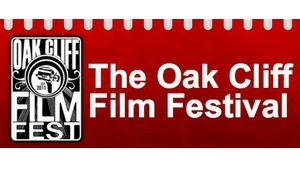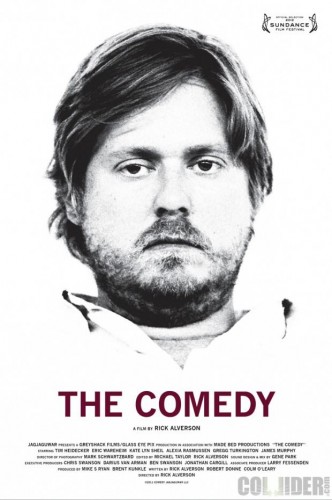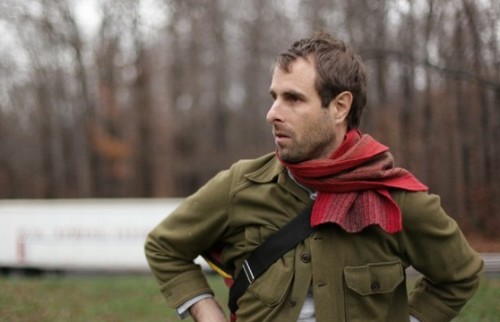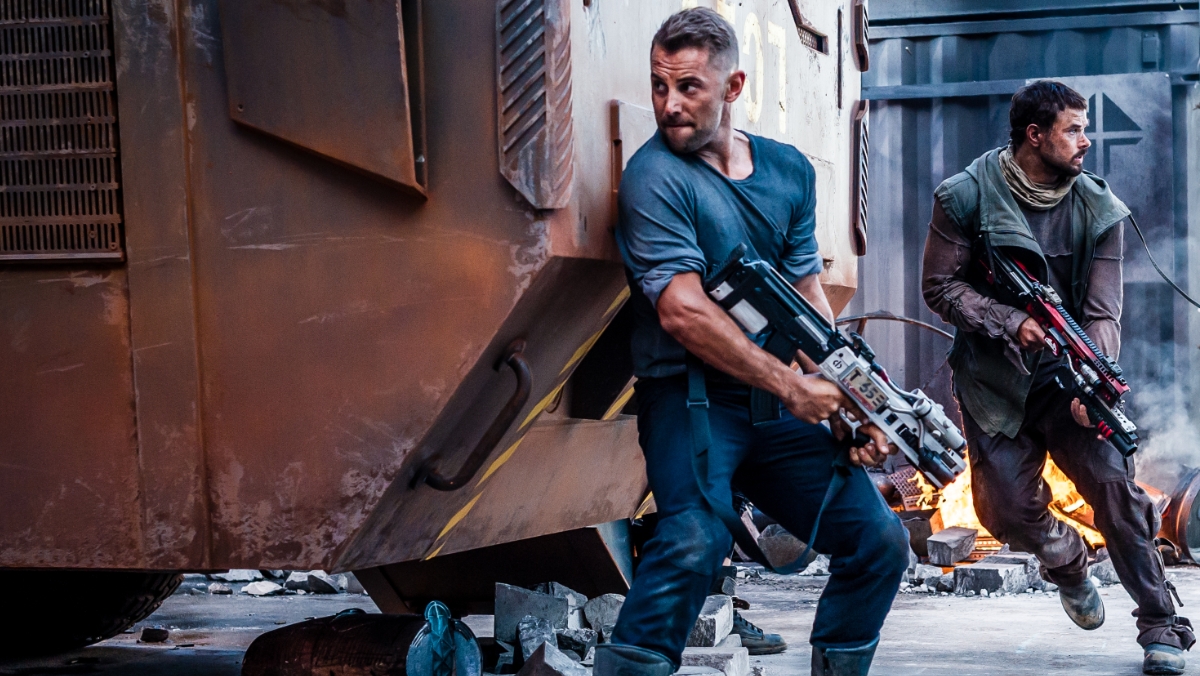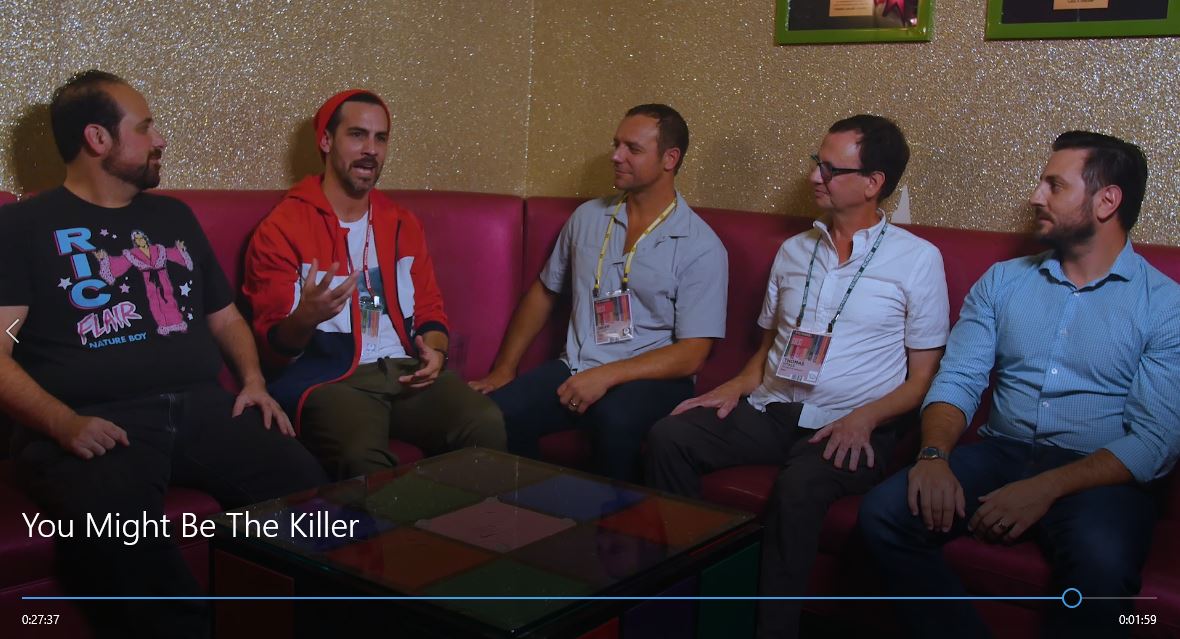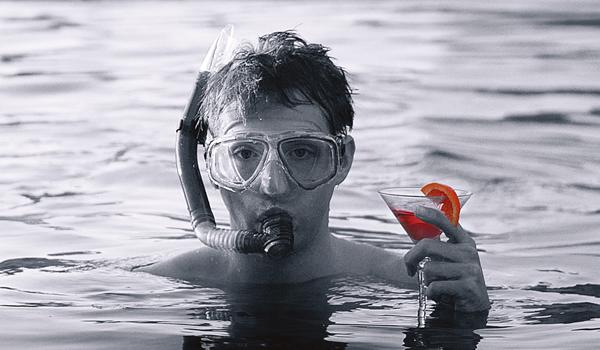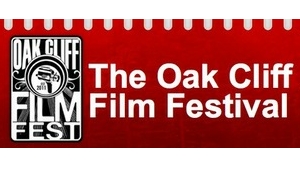 Contrary to people’s initial perception based on the title, writer/director Rick Alverson’s The Comedy, is actually a thought-provoking dramatic film that examines the life of the over-privileged, white male from the contemporary, desensitized, “entitlement-generation,” perspective. This week, Go,See,Talk sat with Alverson to discuss his groundbreaking film.
Contrary to people’s initial perception based on the title, writer/director Rick Alverson’s The Comedy, is actually a thought-provoking dramatic film that examines the life of the over-privileged, white male from the contemporary, desensitized, “entitlement-generation,” perspective. This week, Go,See,Talk sat with Alverson to discuss his groundbreaking film.
For those of you unfamiliar with the project, have a look at this promo clip (from when The Comedy was showcased at the Sundance Film Festival) as well as our insightful interview with him…
————————————————————————————————————————–
– Rick, taking a look at your films, New Jerusalem, The Builder, and now The Comedy, they all feel like in depth character studies of the main character. Is this how you come up with ideas for your films, thinking about a particular type of person and then exploring them in a way that attempts to get at who they really by exposing their human flaws?
I don’t know if I think about it in that kind of particular way; I more approach it tonally, and I have an interest in a particular cultural phenomenon, or a kind of perception of an environment or a group of people. The first two films for me were really about conceptions of an American Utopia, and I sort of utilized those characters to explore that subject matter. I think that this new film is more Dystopian in that it explores a spoiled, sort of toxic, result of Utopian life.
– Kind of going off of that, in The Comedy specifically, we’re introduced to this overly-privileged, white male who appears to take for granted these privileges, but as the film continues, it feels more like we are watching Tim Heidecker’s character as he attempts to navigate his kind of existential crisis of understanding the meaning of his life. Can you talk about this a little bit, and what questions you, yourself were trying to ask or answer when developing this character?
Well, I think that there’s a crisis and I think in some ways it is existential. The movie for me is very much about a loss of an individual’s capacity to comprehend the utility of his body in the world. I think that the Swanson character has reached a breaking point where he is able to frame a lot of his troubles in a very simple, yet abstract way. He goes looking for real meaning for his body, and how to comprehend putting his body to use in a way that is constructive as opposed to the way that it has always been for him, in this passive, inert, fortunate world, too fortunate world.
– I spoke with producer, Mike S. Ryan earlier this week, and talking about your film a little, he brought up the fact that this sort of film is about engaging in a dialogue with the audience, and the process that the audience goes through, or how they feel about the character changes throughout the film. Is this something you think about when writing a script, and then also during the filmmaking process itself? How aware are you of your audience?
I was more aware of the audience with this movie than any of the others. I mean its very much a kind of provocation in that it asks us to question the way we watch movies, and that might be too ambition or a conceited thing to say, but it’s definitely an aspiration of the film. I hope that a person does experience a literal conflict, a perceptive kind of conflict, when they watch movies. Unfortunately we’ve been taught to let media think for us. Whether it’s a local paper or television or movies, and we expect to be pampered and pacified, and I think we take that out into the world, those things that we learn from media in that way. Then we have this sort of entitled sort of perception of the world in our everyday lives.
So I would hope that movies could be a little bit more useful perceptively, and could actually aid us in the way we look at the world. So yeah, I thought about that a lot. Which is where some of the flirtation comes in, with the title and using the comics, and the fact that it’s potentially funny to some audience members and to others it can be tremendously difficult.
– So how did you decide to include the comedians, and what was it like having them play these dramatic characters? How did you even come up with this idea or know they would be able to play these roles?
Tim and Eric particularly make their work with a similar methodology that I use. They’re either loosely scripted or they’re compulsively creative in the act of the thing. They were very comfortable with the process that I work with, and they were incredibly generous to trust me with aspects of their character and re-contextualizing things. I think it’s a casting kind of question ultimately, in the past I’ve worked with non-actors and musicians, and very few actors. This is the most number of actors I’ve worked with, in this movie. It interests me for it to be a little obleak, you know, essentially they hadn’t really been incorporated in a more dramatic setting, so I think it was exciting for them, and I saw the potential of them being able to do it if they trusted me to fit them into that concept.
As far as working with the comics, it was pretty easy, I was actually shocked that people found it perplexing, I mean in the 21st entry you see something called The Comedy, what an idiotic title. It’s blatant it should be distrusted. I think we need to approach things with more skepticism than we do.
– Did a lot of people think that it actually was a comedy?
Some people still do think it’s a comedy (laughs). Its interesting to me, I’m actually kind of thrilled at how elastic the thing seems to be. I don’t think of it as a comedy at all. I personally find the audacity of some of the things quite humorous, but the subject matter itself is incredibly serious, and depressing. So, it’s interesting that the content is so ambiguous that it could be viewed in these different ways by certain demographics or personalities, but I definitely didn’t want it to be joyride for anyone. If somebody finds it to be fun, I would hope that’s coupled with a bit of gravity that keeps them up at night.
– For me, the type of filmmaking that you do is very thought-provoking and original, which is refreshing. So I’m interested in your individual process in terms of how you approach filmmaking in this unique way, and if there are certain filmmakers that have influenced your work?
Yeah I mean I suppose they do. I dislike some, 85% of the movies I’ve seen in my life, and not just dislike them, but feel like they’re destructive in this innate stupefying way. I love a lot of European movies. I’ve always found that, like Michael Haneka, Bruno Dumont, Claire Denis, these are cotemporary people. Von Trier is endlessly fascinating to me, and older people I was influenced are filmmakers like Cassavetes, and you know, the usual.
– Any current projects you are working on?
I’m working on a movie set in rural Virgina in 1868 during reconstruction that will hopefully shoot in the fall. That explores early communities, and early clan, and some of that power vacuum after the civil war. So there wont be any ambiguity about being a drama that’s for sure (laughs).
For more on the Festival, click this link to the main page for the Oak Cliff Film Festival as well as more in-depth interviews on the official OCFF Tumblr page.
